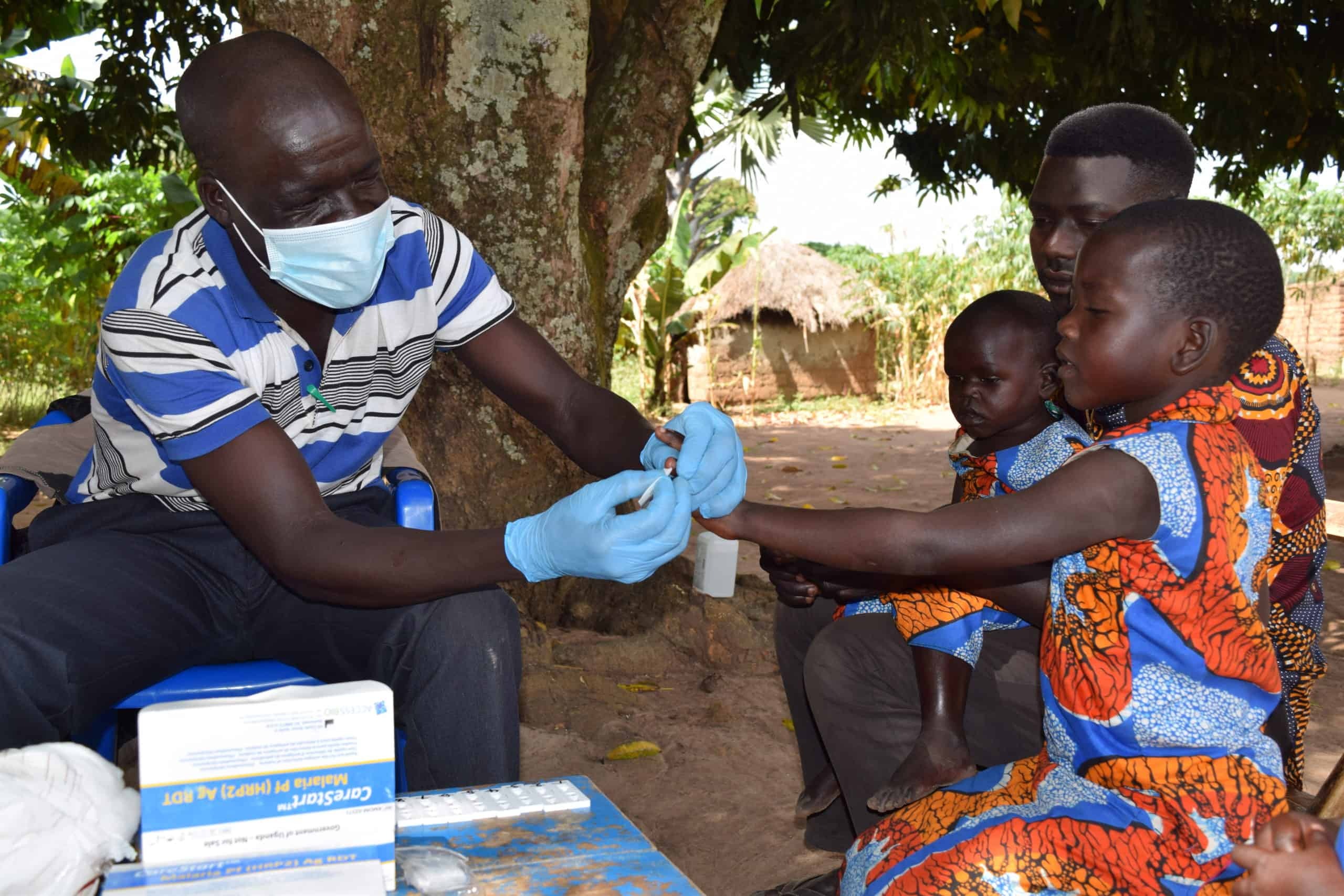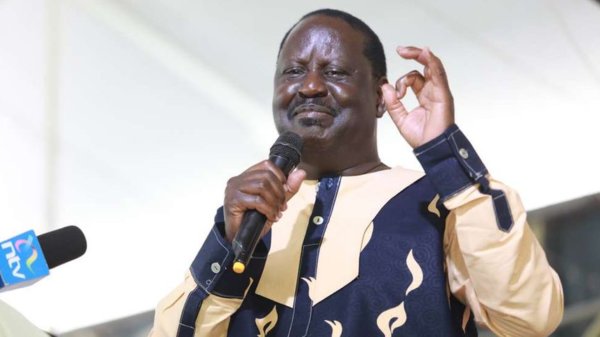
Uganda’s Ministry of Health announced that international donors had dramatically reduced financing for malaria projects in the country due to global challenges such as conflict and climate change.
Jimmy Opigo, head of the Ministry of Health’s National Malaria Control Division, told reporters in Uganda’s capital, Kampala, that the loss of external funds will have a negative impact on malaria control and treatment expenses in the East African country.
“The cost of malaria control in public health has been 95 percent donor-dependent. The funding has been allocated to mosquito nets for prevention, residual indoor spraying, test kits for malaria, and first and second-line malaria treatment in both the private and public sectors, which the donors have been subsidizing,” said Opigo.
Ruth Aceng, Minister of Health, told a parliamentary committee on Wednesday that donors are focusing on global issues such as the crises in Ukraine and Gaza, as well as climate change initiatives.
Aceng also expressed concern about Uganda’s high reliance on donor money for the health sector, noting that 85 percent of the country’s health budget for the fiscal year 2024/2025 is externally funded.
According to the World Health Organisation, Uganda has one of the highest malaria incidence rates in the world, accounting for around 5% of all cases globally.
Ministry of Health statistics indicate that malaria affects three out of every ten sick people in Uganda. Six out of every ten children under the age of five admitted to hospitals have malaria and are at risk of dying.
Furthermore, 20 out of every 100 pregnant women have malaria, putting both their and their newborns’ lives in danger.
Also Read: Raila Contradicts Statement On Meeting With Ruto And Museveni in Uganda



































































